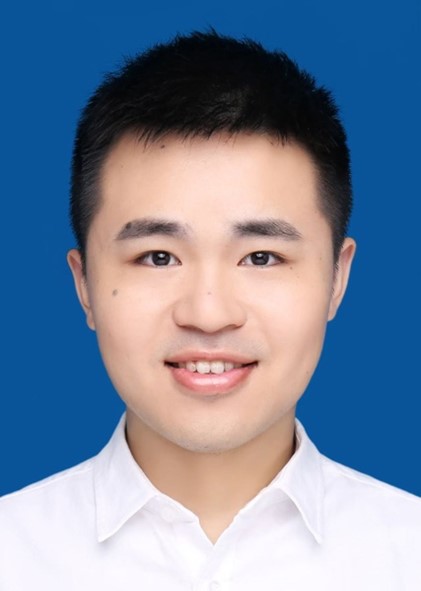题目:From Universal Grasping to Embodied Manipulation
时间:2025年11月28日 10:00-11:30
地点:36365线路检测中心no1 F201会议室
邀请人:谷国迎 教授(机器人研究所)
Biography

Dr. Jianshu Zhou is a Postdoctoral Researcher in the Mechanical Systems Control (MSC) Laboratory within the Department of Mechanical Engineering at the University of California, Berkeley, where he works with Prof. Masayoshi Tomizuka. He is an incoming tenure-track Assistant Professor at a leading overseas university (QS top-10 or top-40), with final offer comparison and decision expected by the end of November. He received his Ph.D. in Mechanical Engineering from The University of Hong Kong in 2020 under the supervision of Prof. Yonghua Chen, working closely with Prof. Kazuhiro Kosuge. He subsequently joined The Chinese University of Hong Kong as a Postdoctoral Fellow with Prof. Yunhui Liu and was later promoted to Research Assistant Professor. His research interests span robotics, robotic hands, dexterous manipulation, human–robot interface, and embodied intelligence.
Dr. Zhou has authored more than 70 peer-reviewed publications with over 1,700 citations (h-index 20, i10-index 32), including over 10 first-author papers in leading journals such as IEEE Transactions on Robotics, IEEE/ASME Transactions on Mechatronics, and Soft Robotics. He holds two granted and three published U.S. patents, with additional filings under review. His contributions have earned six Best/Finalist Paper Awards and the Gold Medal at the Geneva International Exhibition of Inventions. He is a recipient of the ASME DSCD Rising Star Award and has been recognized as an IEEE Robotics and Automation Letters Outstanding Reviewer. He has also served in multiple leadership roles at major international conferences—including Session Chair, Associate Editor, Registration Chair, and Award Chair—for IEEE ICRA, IEEE RO-MAN, IEEE ICCA, and IEEE RCAR. In addition, he has secured more than HKD 1.2 million in competitive funding, including Hong Kong’s General Research Fund (GRF) as Principal Investigator.
Abstract
The next frontier of the AI revolution lies in its deep interaction with the physical world. Robots serve as the bridge between AI and reality, and embedded robotic systems where software and hardware are co-designed provide a promising path forward.
In this talk, I will present my research journey from universal grasping to embodied manipulation as the foundational motor intelligence layer for physical AI, analogous to the neural circuitry that coordinates the hands and arms in biological systems. My work establishes the building blocks of embodied manipulation systems through three core contributions: 1. Universal Grasping: developing robotic grippers that achieve robust grasping across scales and states. 2. Dexterous In-hand Manipulation: pioneering human-level fine in-hand manipulation in robotics. 3. On-demand Teleoperation: enabling seamless integration of autonomy and human expertise for skill teaching and data collection.
Together, these capabilities form the foundation of embodied manipulation by integrating control architectures that fuse classical model-based control with data-driven learning, intelligent body parts (hands and arms), multimodal sensing, and intuitive human–robot interfaces. Building on this foundation, my long-term vision is to scale embodied manipulation into generalizable robotic systems that can safely and adaptively operate across diverse real-world domains—including service, manufacturing, logistics, and healthcare, thereby advancing both fundamental research and translational impact.

